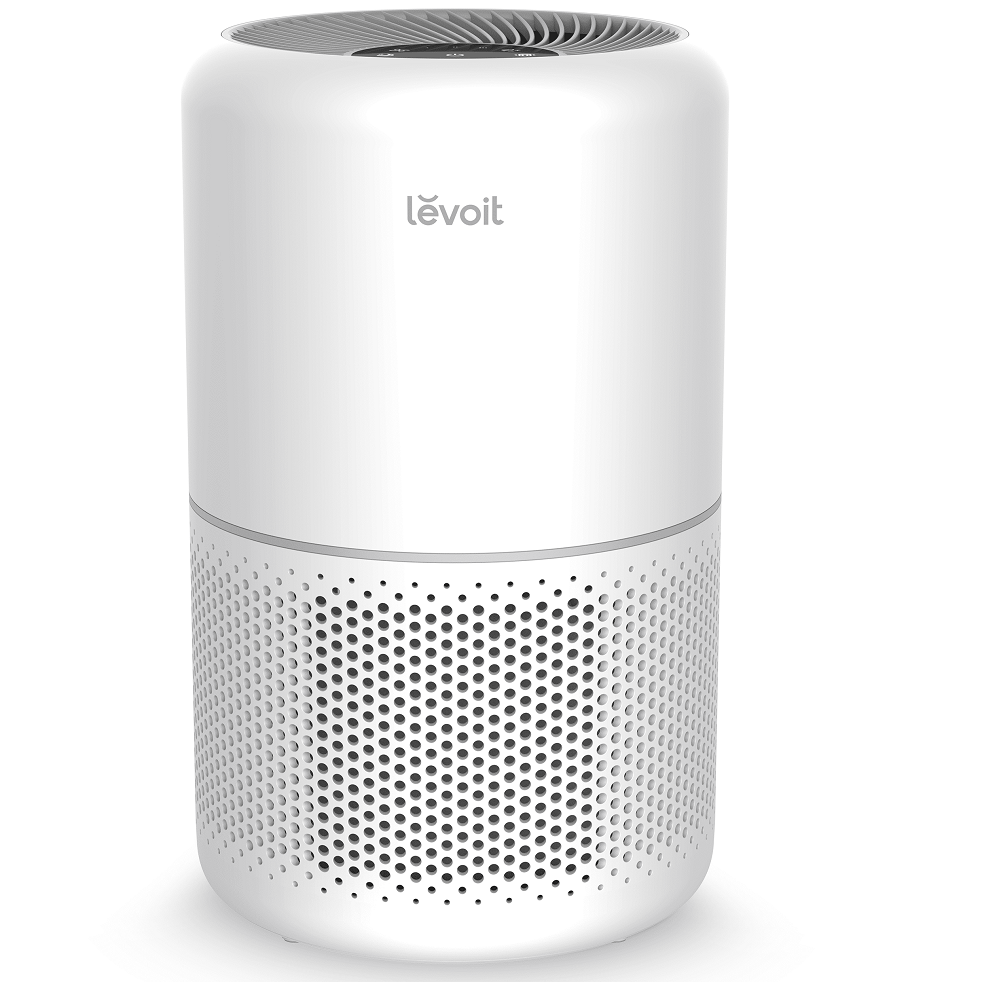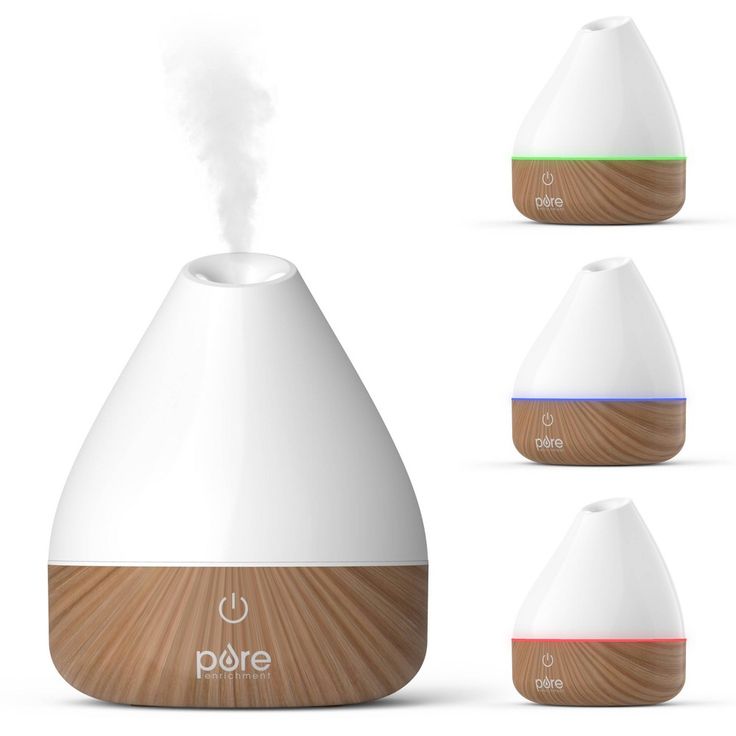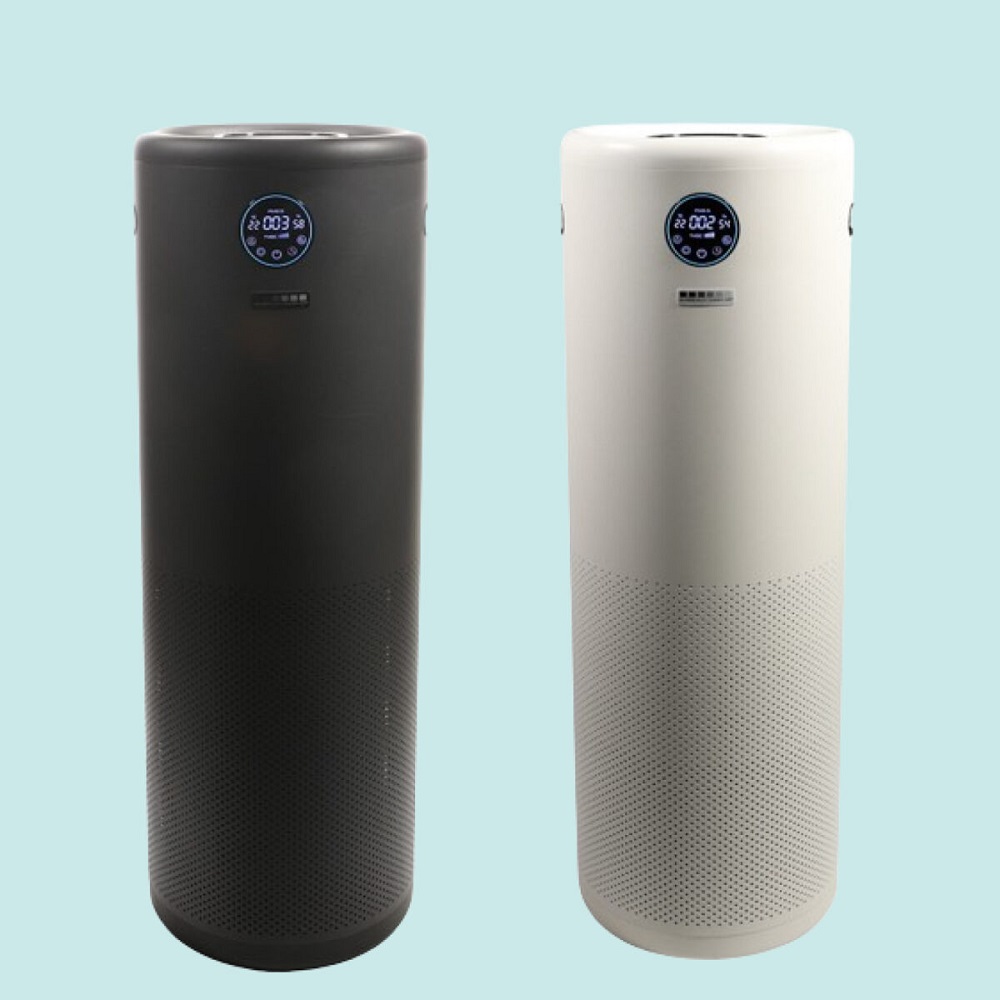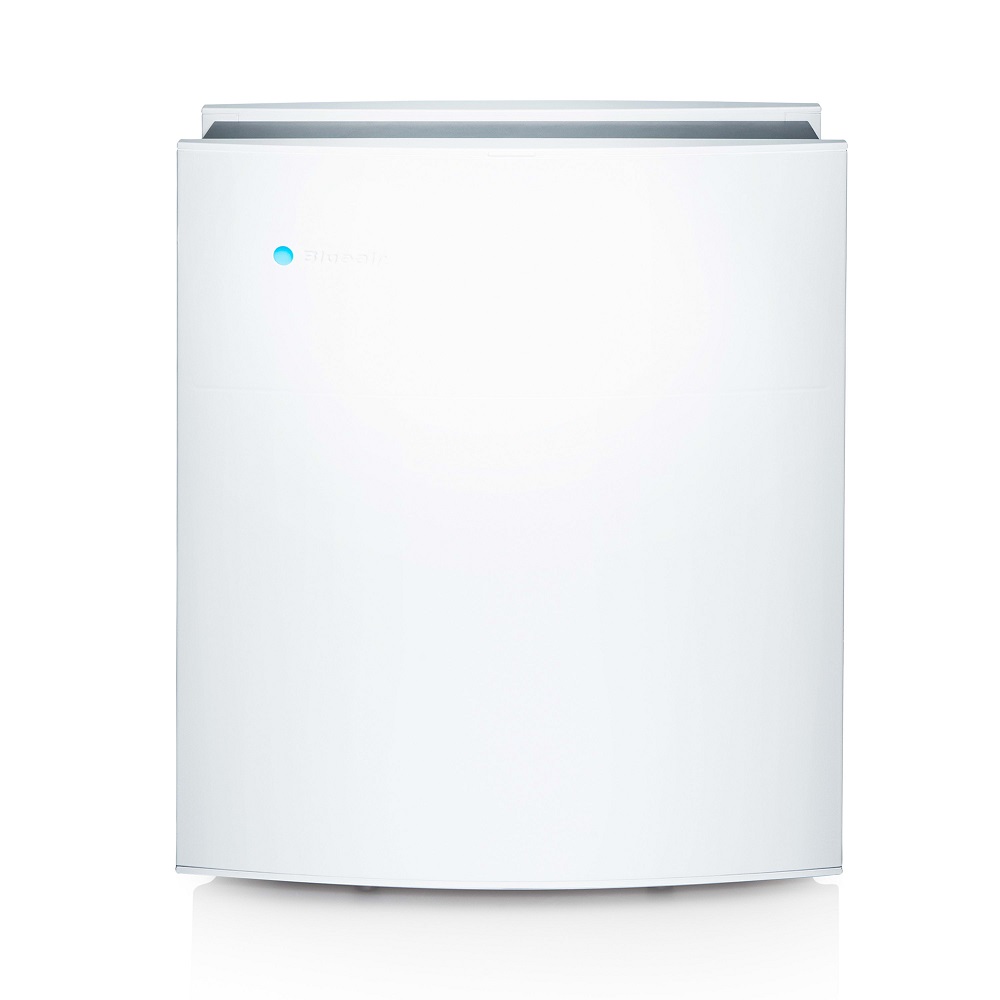In today’s world, creating a clean and inviting indoor environment is more important than ever. With rising pollution levels and allergens, many individuals are turning to devices designed to improve indoor air quality. Two popular options available on the market: air purifier vs diffuser. While both serve distinct purposes, understanding the key differences can help you decide which one is best for your home.
What Is an Air Purifier?
An air purifier is a device designed to filter and clean the air in an indoor space. Its primary function is to remove contaminants such as dust, pollen, pet dander, and harmful particles, providing cleaner air for you to breathe. These devices use various filtration systems, including HEPA filters, activated carbon, and ultraviolet light technology.
HEPA filters, for instance, are particularly effective at trapping tiny particles that can aggravate allergies and respiratory issues. In addition to allergens, many air purifiers can eliminate unpleasant odors, smoke, and volatile organic compounds from the air. They play a crucial role in promoting overall health by reducing the presence of harmful pollutants.
Air purifiers come in various sizes and capacities, suitable for different room sizes. Portable units are available for specific areas, while whole-home systems can be integrated into your HVAC system. Understanding these options allows you to choose an air purifier that best fits your needs, whether you are looking to improve the air quality in a single room or throughout your entire home.

What Is a Diffuser?
A diffuser, particularly an essential oil diffuser, is a device designed to disperse essential oils into the air. While it integrates a form of humidification, its primary purpose is to create a pleasant aroma in your living space, enhancing the overall atmosphere and contributing to emotional well-being.
Unlike air purifiers, diffusers primarily focus on aromatherapy benefits. The mechanism often involves breaking down essential oils into smaller particles and dispersing them as a fine mist or vapor. The soothing aromas can promote relaxation, reduce stress, and improve mood. Many people use diffusers to create a calming environment, particularly during meditation or yoga practices.
Diffusers can also add moisture to dry indoor air, which can be particularly beneficial during winter months when heating systems can lead to decreased humidity levels. Through the use of essential oils like lavender, eucalyptus, and citrus, diffusers have become popular for their ability to transform a space emotionally and sensory-wise.
It’s important to note that diffusers do not purify the air or eliminate pollutants significantly. Their primary role is to enhance fragrance and provide a pleasant atmosphere, making them an excellent complement to an air purifier.
Key Differences Between Air Purifiers and Diffusers
Understanding the fundamental differences between air purifiers and diffusers can help you make an informed choice. The first distinction lies in their primary function: air purifiers aim to improve air quality by removing harmful particles, while diffusers enhance the ambiance through fragrance dispersal.
Purpose and Functionality
Air purifiers are built specifically to eliminate airborne contaminants, including allergens, dust, and odors. They use sophisticated filtration systems to trap particles, leading to improved air quality that benefits respiratory health. For those suffering from allergies or respiratory issues, an air purifier is the ideal choice.
On the other hand, diffusers are designed to disperse essential oils and create a pleasant aroma in the air. They can offer aromatherapy benefits, which promote relaxation and improved mood. While some diffusers may humidify the air slightly, they do not have the capability to filter out harmful particles.

Type of Technology
The technology utilized in air purifiers and diffusers is significantly different. Air purifiers rely on filtration systems to trap contaminants. HEPA filters and activated carbon filters are commonly used, often accompanied by additional technologies like UV light to kill bacteria and viruses.
In contrast, diffusers work by utilizing ultrasonic technology or heat to vaporize essential oils. This allows for the dispersion of fine mist, which fills the air with fragrance. While both devices may incorporate some form of moisture production, their technology serves different user needs.
Maintenance Requirements
Maintenance is another important area to consider. Air purifiers typically require regular filter changes to maintain their effectiveness. Depending on usage, filters may need to be replaced every few months to ensure optimal air filtration. Additionally, cleaning the unit itself regularly can enhance its performance.
Diffusers require less maintenance. Users should regularly clean their diffusers to prevent buildup and ensure the essential oils are dispensed effectively. Although certain diffusers may need occasional water refills, they are generally easier to maintain than air purifiers.
Cost Considerations
Cost is an essential factor when comparing air purifiers and diffusers. Air purifiers often come with a higher upfront investment due to their advanced filtration technologies. Additionally, users should consider the cost of replacement filters and maintenance.
Diffusers, in contrast, are generally more budget-friendly. The initial purchase cost is lower, and ongoing expenses are minimal, mainly limited to the essential oils. This makes diffusers an attractive option for those seeking aromatherapy benefits without a significant financial commitment.

Scenarios for Using Each Device
The ideal usage scenarios for air purifiers and diffusers vary significantly based on individual needs and circumstances. Identifying when and where to use each device can maximize the benefits of both.
When to Use an Air Purifier
Air purifiers are best utilized in scenarios involving allergies, asthma, and respiratory issues. If you live in an area with high pollen levels or poor outdoor air quality, investing in an air purifier can make a significant impact on your health.
Consider using an air purifier in bedrooms, living rooms, or any places where you spend extended periods. In homes with pets, air purifiers can significantly reduce pet dander and odors.
During renovations or construction, air purifiers can help manage dust and debris in the air. Using an air purifier while cooking, especially if frying or grilling, can help minimize smoke and odors.
When to Use a Diffuser
On the other hand, diffusers shine in specific situations that prioritize mood enhancement and creating a relaxing atmosphere. If you wish to unwind after a long day, diffusing calming essential oils like lavender can help promote relaxation and sleep.
Diffusers are perfect for creating a pleasant environment during yoga, meditation, or other mindfulness practices. Using invigorating scents during work hours can also enhance focus and productivity.
Additionally, diffusers are an excellent way to add fragrance to your home when entertaining guests. The right essential oils can leave a lasting impression and uplift the atmosphere.
Combining Air Purifiers and Diffusers for Optimal Results
For those seeking the best of both worlds, combining an air purifier with an essential oil diffuser can create a comprehensive solution for home wellness. Integrating both devices can lead to a cleaner and more enjoyable indoor environment while promoting emotional well-being.
Benefits of Using Both Devices Together
Using an air purifier alongside a diffuser provides air purification and aromatherapy benefits simultaneously. By filtering airborne contaminants, the air purifier ensures that only clean air is scented with essential oils from the diffuser. This combination maximizes health benefits while elevating the ambiance of your space.
By choosing to run both devices, you can enjoy enhanced air quality without sacrificing the soothing and comforting scent provided by essential oils. This approach leads to a healthier home environment, reducing the chances of allergens and irritants while promoting a relaxing atmosphere.
Tips for Effective Combination Usage
To effectively combine air purifiers and diffusers, consider positioning the devices appropriately. Place the air purifier in areas where you spend significant time or where pollutants are likely to concentrate. Ensure the diffuser is nearby but not obstructing the purifier’s airflow.
When using both devices in tandem, be mindful of the essential oils you select. Choose pure, high-quality essential oils for the best aromatic experience. Avoid using synthetic fragrances, as they may not provide the desired benefits.
Regular maintenance of both devices should also be a priority. Keep the air purifier’s filters clean and the diffuser sanitized to ensure optimal performance. Regular checks will ensure your devices work effectively, providing the health benefits you seek.
Conclusion: Choosing the Right Device for Your Needs
In choosing between an air purifier and a diffuser, understanding the key differences is essential. While air purifiers focus on filtering out harmful airborne pollutants and allergens, diffusers add fragrance and contribute to emotional wellness through aromatherapy.
Ultimately, your choice should depend on your specific needs. If health concerns related to air quality are your primary focus, investing in an air purifier is likely to benefit you most. However, if you’re more interested in enhancing your home’s atmosphere with pleasant scents, a diffuser would be a worthwhile addition.
For those interested in achieving both clean air and uplifting aromas, using both devices in tandem is a win-win scenario. By selecting the right combination of devices and using them thoughtfully, you can create a healthier, more enjoyable indoor environment for you and your family. Prioritizing air quality and emotional wellness leads to a more balanced lifestyle, reflecting the essential connection between our surroundings and overall well-being.
